
Water
Clean, pure water is essential for maintaining good health. While food provides calories, nutrients and other essentials, water is needed to rejuvenate the body and promote digestion. Drinking water also gets rid of waste, maintains electrolyte balance, lubricates joints, can prevent fluid retention and helps with fiber bulking and nutrient transport.
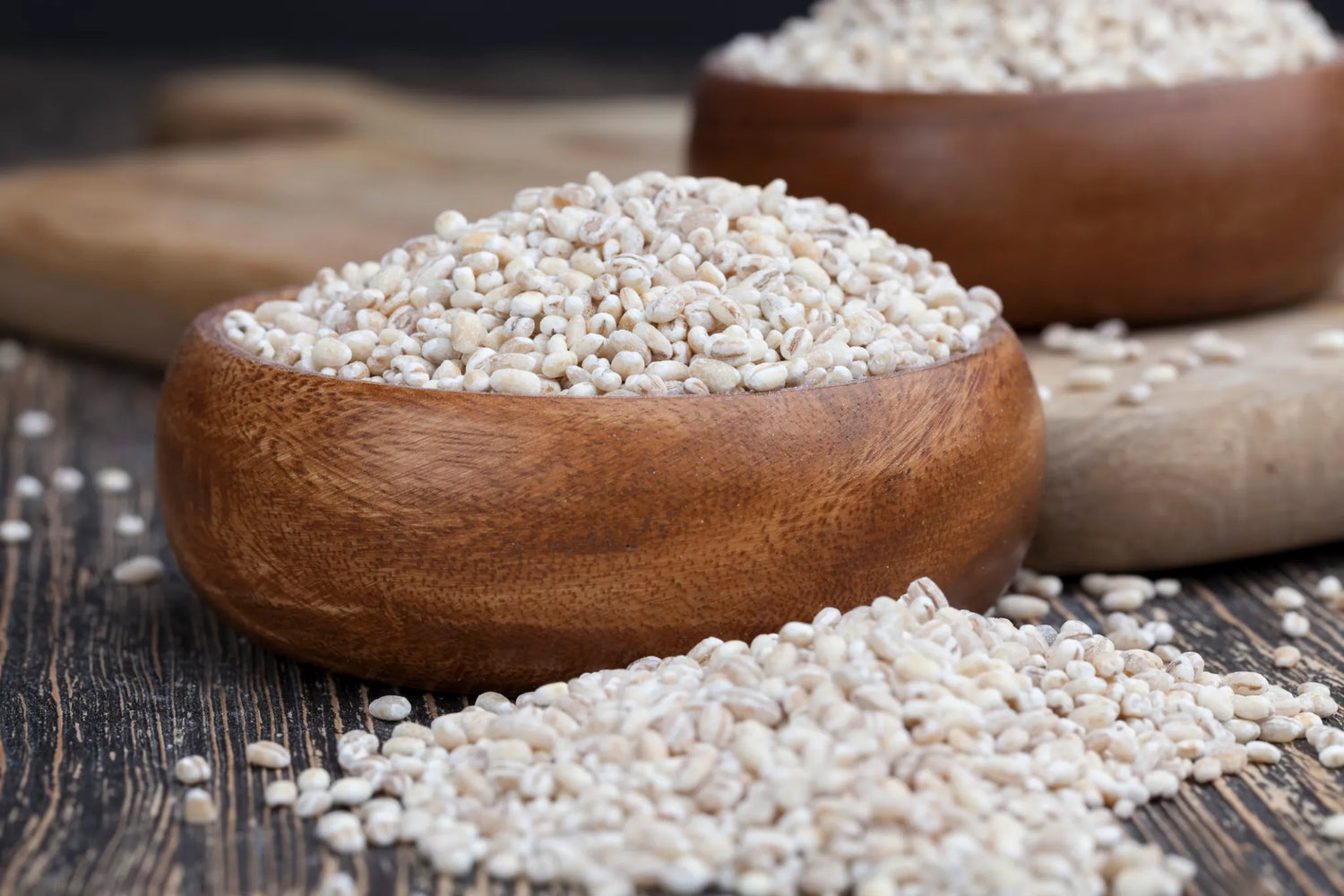
Whole Grains
Whole grains are an excellent source of healthy carbohydrates that provide the body with essential nutrients such as fiber, antioxidants, and beneficial plant compounds. They can help stabilize blood sugar levels, improve digestion, lower cholesterol and blood pressure. Moreover, they can also reduce the risk of chronic diseases such as heart disease and diabetes.
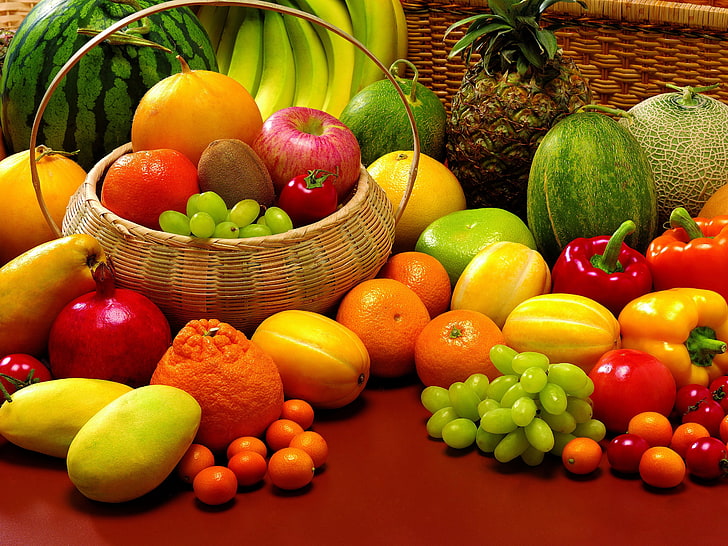
Fruits & Vegetables
When fruits and vegetables are consumed raw or lightly cooked, their naturally occurring elements such as vitamins, minerals, fibers, enzymes, and phytonutrients remain intact. These elements are rich in fiber which can help improve digestion and nutrient absorption. Additionally, consuming raw fruits and vegetables can help reduce cravings for less healthy foods.
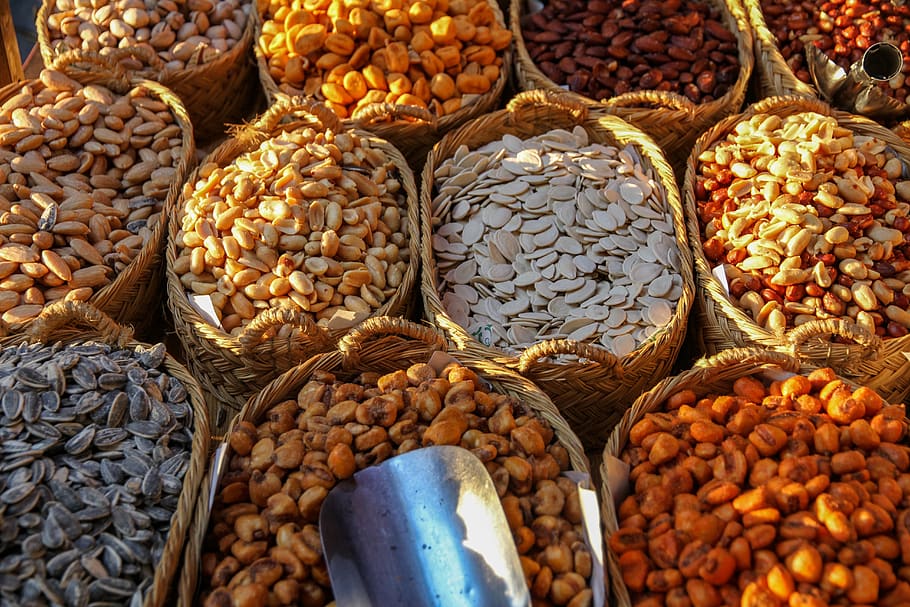
Nuts & Seeds
Nuts and seeds are a great source of healthy fats and minerals that help preserve health. They also provide additional fiber which can help speed up colonic transit time and keep blood sugar levels stabilized.
Foods to Stay Away From

Dairy
Dairy products have been known to cause lactose intolerance which may lead to gas and indigestion. They are high in saturated fat and cholesterol which can increase cholesterol levels and the risk of heart disease. Additionally, dairy products contain hormones such as estrogen and progesterone which may affect your natural hormone balance.
Products which promote hormonal rebalancing:

Eggs
Eggs contain cholesterol which can be harmful to people with high cholesterol or heart disease. One large egg contains about 186 milligrams of cholesterol, which is more than half of the recommended daily intake for people with high cholesterol or heart disease. To provide a surprising comparison, a raw medium-sized egg has more than twice as much cholesterol as a Big Mac, with 164 mg compared to 79 mg of cholesterol.
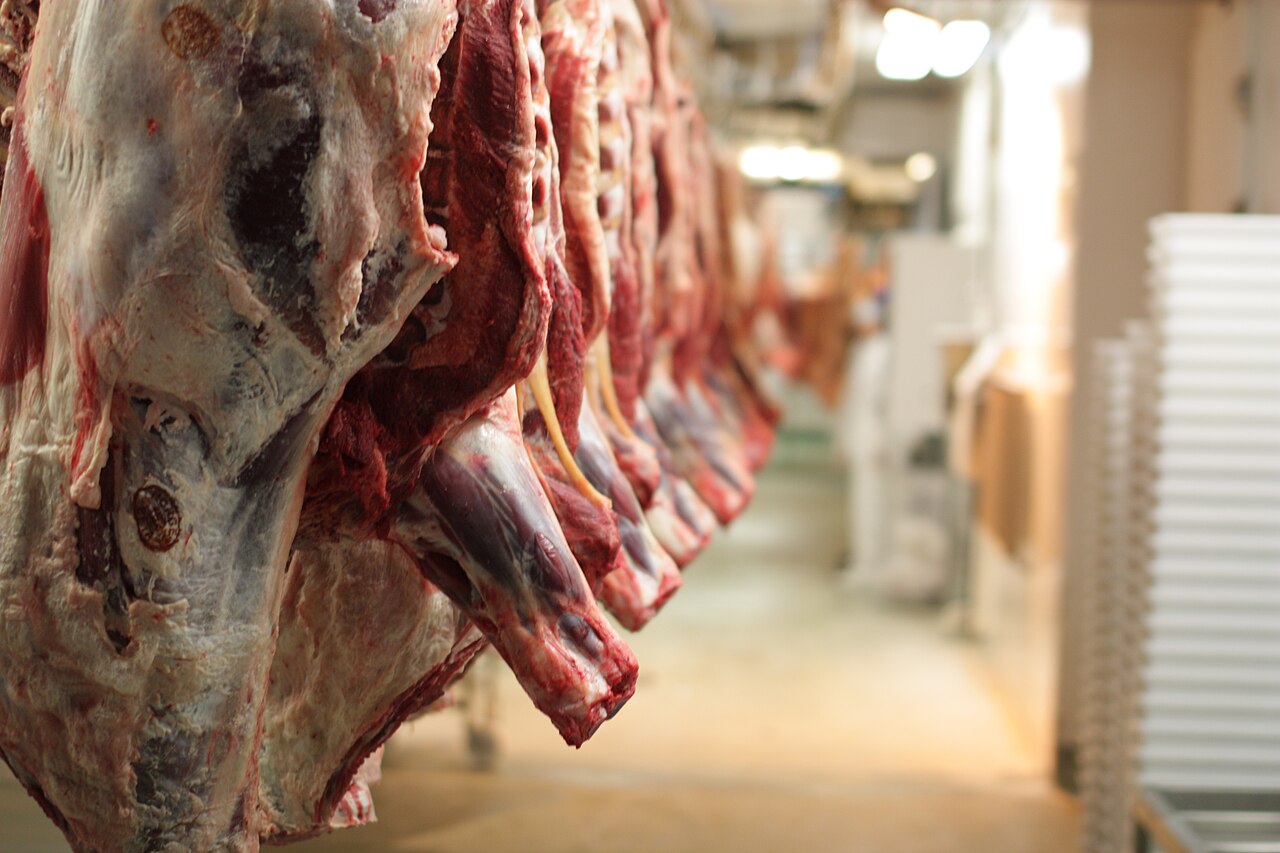
Meats
Red meat is a common food in the Standard American Diet (SAD). However, consuming too much red meat can have negative health consequences. It can increase your risk of heart attacks and strokes due to its high levels of saturated fat and cholesterol. Additionally, it can cause constipation because it lacks sufficient fiber.
Products which support digestive functions:
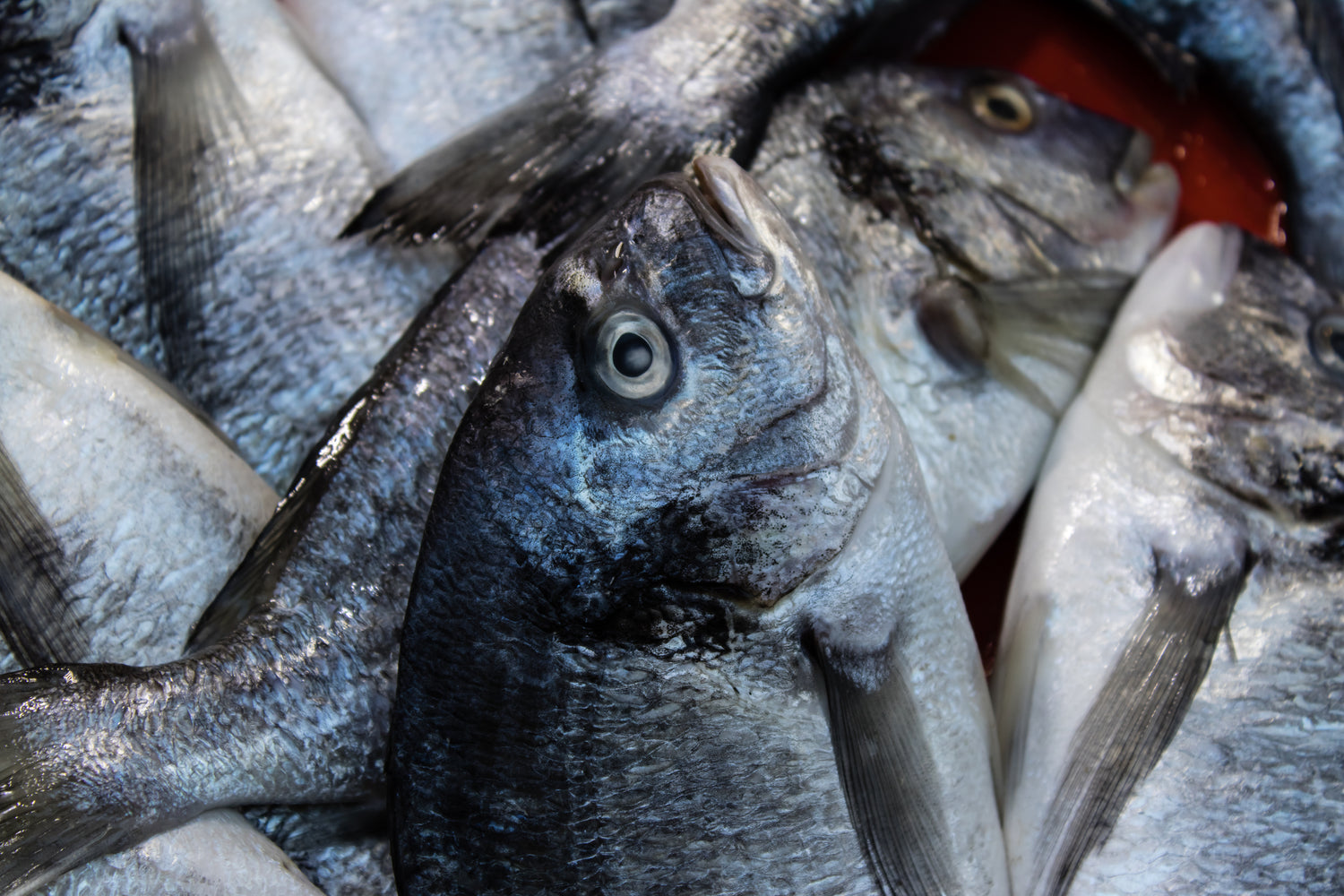
Seafood
Polychlorinated biphenyls (PCBs) are a group of man-made chemicals that were widely used in electrical equipment and other industrial applications. Fish and shellfish are common sources of PCBs. When consumed, they are transferred into the body. High levels of PCBs can increase cancer risk, impair human fertility, and can harm a developing fetus and infants. Mothers can pass PCBs onto their babies during pregnancy and while breastfeeding, which can stunt neurodevelopment including effects on growth and learning.
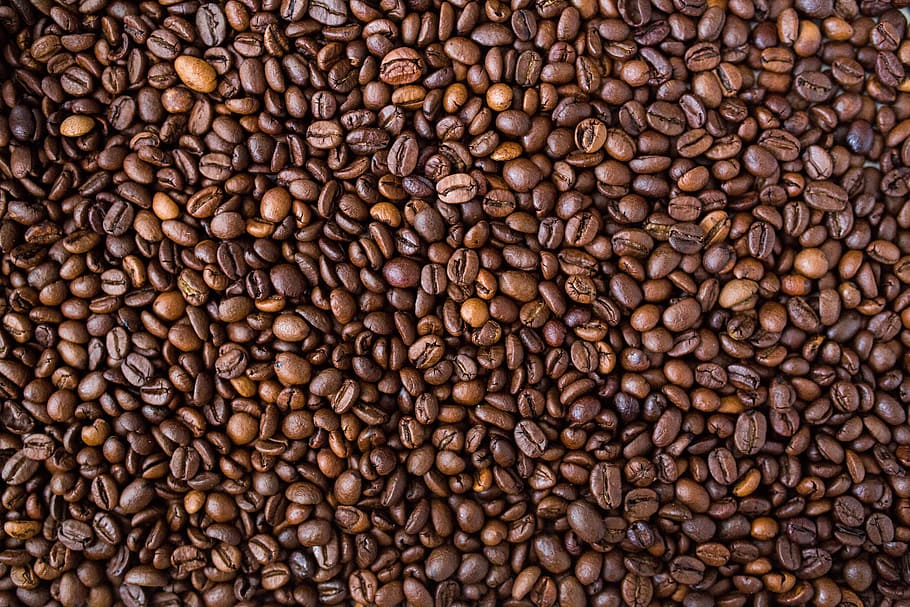
Caffeinated Drinks
Caffeine can increase cortisol levels which can lead to health consequences ranging from weight gain and moodiness to heart disease and diabetes. Cortisol is a hormone that can cause physiological changes in the body such as the rapid breakdown of fats and carbohydrates, which can lead to a rise in blood sugar levels for immediate energy. When cortisol levels remain elevated, it can lead to high blood pressure, less effective immune system function, fatigue, irritability, flushed face and thinning skin.
Products which support immune functions:
IMMUNE PACKAGE, SUPER-IMMUNE, PROPER-REPEL, BLOOD & LYMPH, PARASITES-BEGONE.
Collapsible content
Resources
Water:
cdc.gov water and healthier drinks
mayoclinichealthsystem.org water essential to your body
organicfacts.net health benefits of drinking water
Whole Grains:
mayoclinic.org nutrition and healthy eating in depth
hsph.harvard.edu what should you eat
psu.edu whole grain diets lower risk of chronic disease
Fruits & Vegetables:
healthline.com raw food vs cooked food
Nuts & Seeds:
betterhealth.vic.gov.au healthy living nuts and seeds
Dairy:
livestrong.com does milk raise estrogen in men
pcrm.org health concerns about dairy
health.harvard.edu dairy health food or health risk
mayoclinic.org lactose intolerance symptoms/causes
Eggs:
health.clevelandclinic.org can you eat eggs every day
bhf.org.uk eggs and heart disease
pcrm.org health concerns with eggs
mayoclinic.org high blood cholesterol expert answers
Meats:
health.clevelandclinic.org is red meat bad for you
cancer.gov cooked meats fact sheet
health.harvard.edu what's the beef with red meat
verywellhealth.com foods to avoid when you are constipated
Seafood:
oehha.ca.gov fish benefits and risks
ncbi.nlm.nih.gov bisphenol in seafood
healthline.com potential health effects of bpa exposure
atsdr.cdc.gov polychlorinated biphenyls
dph.illinois.gov fish advisories pcb facts
cdc.gov public health statement for pcbs
Caffeine:
ncbi.nlm.nih.gov caffeine increases cortisol
orlandohealth.com how too much stress can cause weight gain and what to do about it
ncbi.nlm.nih.gov effects of chronic stress intake of highly palatable foods
totalshape.com does caffeine increase cortisol
verywellmind.com caffeine, stress and your health
health.clevelandclinic.org how to reduce cortisol and turn down the dial on stress
